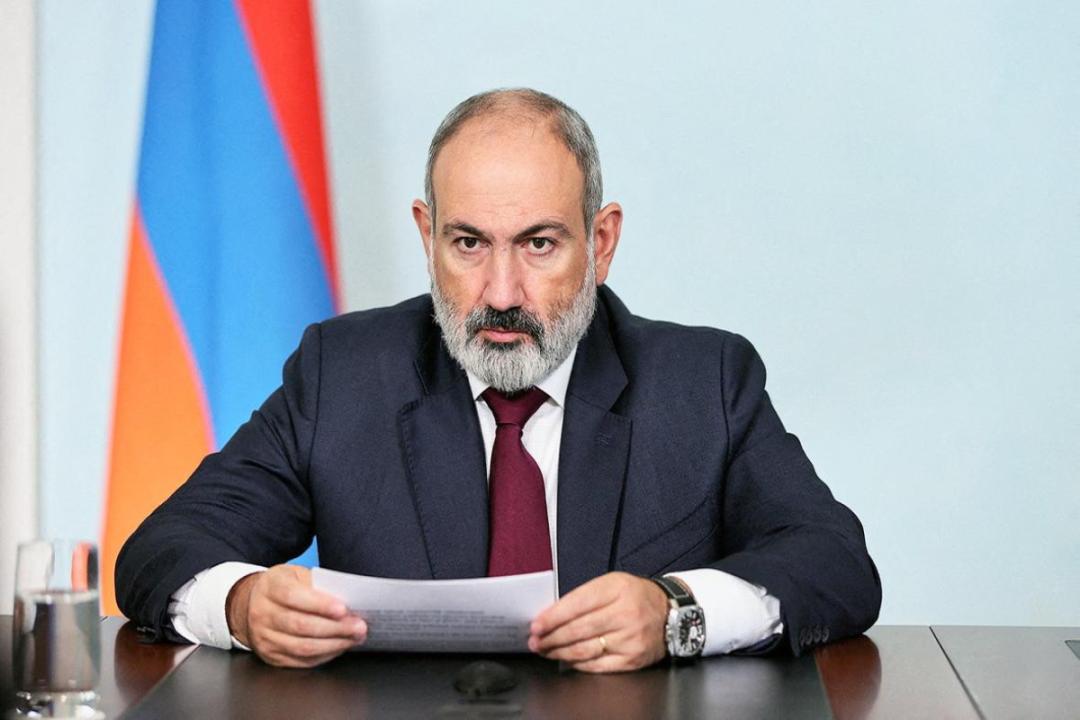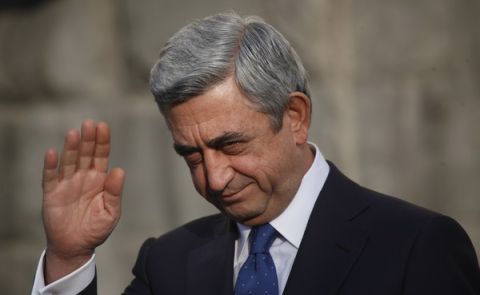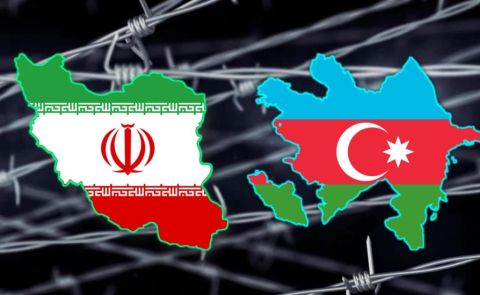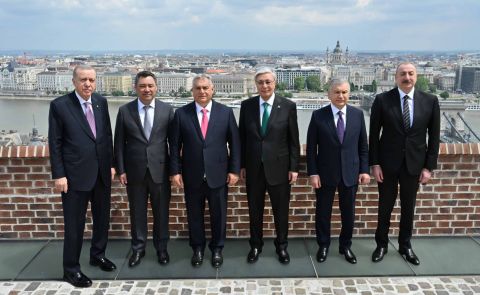
Pashinyan Clarifies Border Policies, Defends Soviet-Era Maps, and Calls for Tax Reforms

On December 12, Armenian Prime Minister Nikol Pashinyan addressed public criticism and clarified key government policies through social media posts and statements during a government session.
Pashinyan dismissed accusations that his public engagements were election-related, emphasizing that his visits to settlements were part of routine governance. He highlighted his practice of regularly visiting communities, engaging with citizens, and responding to their concerns through social media, live Q&A sessions, and press conferences. Pashinyan asserted that such transparency and accountability are fundamental principles of democracy.
Regarding Armenia’s border demarcation, Pashinyan defended the use of Soviet-era maps as a foundation for defining state boundaries, describing it as a vital security measure. He warned that rejecting these maps could undermine Armenia’s statehood and independence, as the country’s recognition as a sovereign state is rooted in its Soviet-era territorial borders. Specifically addressing concerns in the village of Kirants, Pashinyan confirmed that the border was determined in line with Armenia’s internationally recognized territory. He noted that while law enforcement was investigating issues with problematic cadastral certificates in Kirants, no illegalities had been discovered during their review.
The prime minister also weighed in on public discourse surrounding taxes, criticizing a long-standing narrative that has encouraged non-payment of taxes in Armenia. He urged citizens to view the state as a collective institution, not an adversary, and called for a shift in mindset. While acknowledging inefficiencies in the government’s use of the budget, Pashinyan likened these to unavoidable instances of waste in household spending.
He argued that those who discourage tax compliance hinder Armenia’s development as a fully functioning state, instead relegating it to the status of a “province” or “outpost.”
To foster constructive dialogue, Pashinyan invited citizens to submit their criticisms and accusations on a dedicated social media post titled “Shooting Wall.” He promised to address content-based feedback while ignoring insults and offensive remarks. In a bid to streamline the discussion, he asked his supporters to refrain from commenting on the post, enabling him to focus on responding to critiques.
See Also


Serzh Sargsyan Rejects Charges, Backs Impeachment, and Warns of Secret Deals

Azerbaijan Confirms Execution of Terrorist Behind Embassy Attack in Iran

Turkic Leaders Adopt Budapest Declaration, Emphasizing Peace, Trade, and Digital Connectivity

International Officials Criticize Georgian Dream Amid Democratic Concerns

